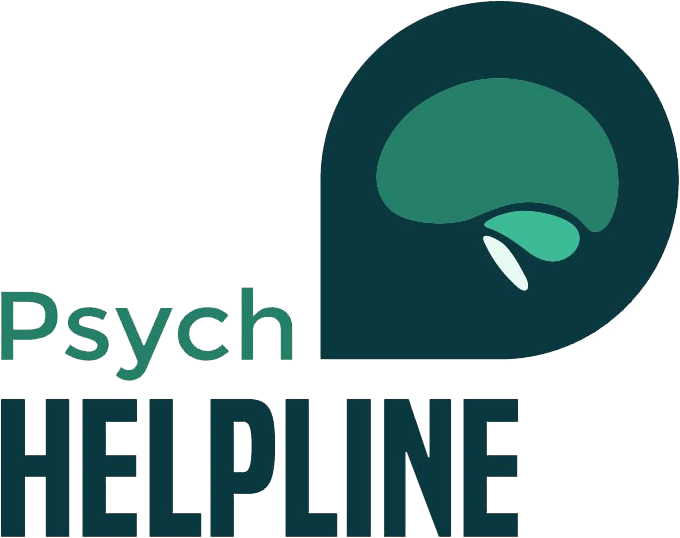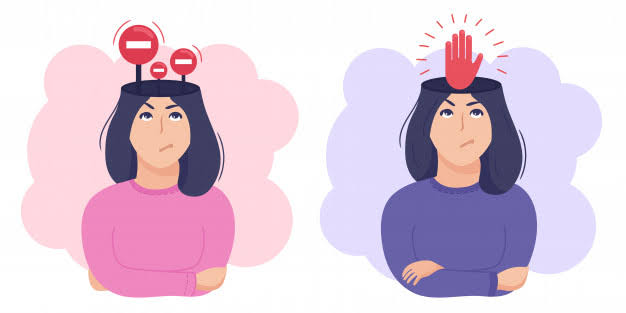Table of Contents
Even though Obsessive-Compulsive Personality Disorder and Obsessive Compulsive Disorder may sound similar, they’re very different from each other. There are distinguishable conceptual differences between both of these ailments OCD and OCPD that the general public is usually unaware of. To summarize the sitch in a single line; OCD is an anxiety disorder meanwhile OCPD is a personality disorder. Even for a professional practitioner in the start, these disorders can be difficult to set apart. The situation can turn even sourer if an individual struggles with both disorders.
“Around 2% and 7.9% of the general population are known to have OCD and OCPD, respectively. Furthermore, About 20% of the people who have OCD also have OCPD”
These statistics further demonstrate that a large number of the world population struggles with OCD and OCPD. This factor maximizes the need for distinction. Setting both ailments apart and getting a correct diagnosis is the first step towards a cure. That’s because with appropriate treatment (therapy and medication) one can manage to function normally once again.
OCD VS OCPD
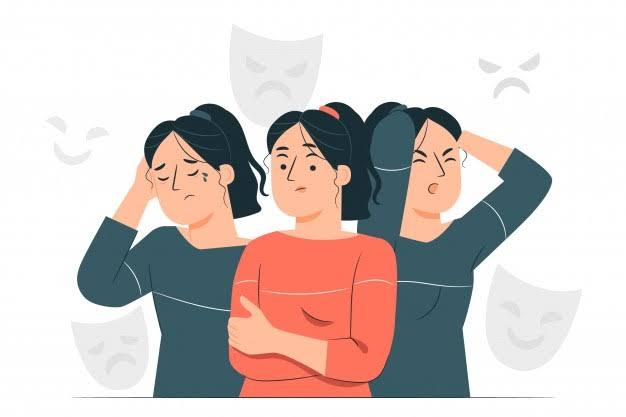
Rationality and Irrationality: Individuals with OCPD believe that the perfectionism they indulge in makes proper sense. The habits OCPD patients have are always right and they’re unaware of their inefficiency. Meanwhile, an individual with OCD is totally aware of the Irrationality of these thoughts. The intrusive and distressing habits an OCD sufferer adopts are usually coping mechanisms that “have to be done” under all conditions even if the person understands their uselessness.
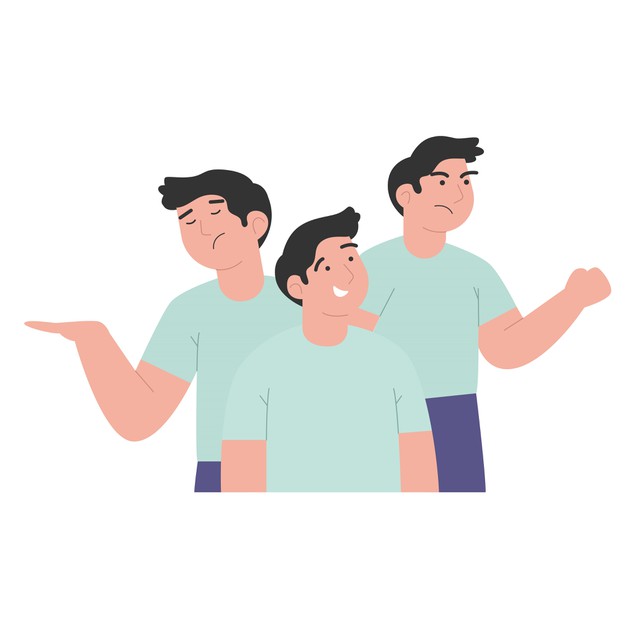
Complete control and Lack of control: Individuals with OCD cannot control intrusive thoughts so they resort to extensive compulsions to escape anxiety and pain. Meanwhile, individuals with OCPD are always overly controlling of their environment and the people around them. For example: nitpicking over the dress of a person, complaining about the lack of cleanliness, finding faults in everything done by others, etc. Hence, the behavior exhibited by OCPD patients isn’t directed by uncontrollable thoughts.

Submission and Domination: People with OCD are often ashamed of their recurrent actions. Hence, they choose to take a more submissive turn in everything e.g. avoidance to lead a group, isolation, etc. Meanwhile, a person struggling with OCPD will always try to be the most dominant person in the room. People with OCPD are energetic and committed to their rules even if they bring no happiness.

Aimlessness and Distress: The intrusive thoughts caused by OCD can cause anxiety and panic attacks in a person. Meanwhile, individuals with OCPD believe that all their actions have a purpose. The assumption that the need for perfection in everything isn’t purposeless can often lead to them being hostile to others. This situation may be distressing to others because no one appreciates getting nitpicked by someone else 24/7.

Anger and Anxiety: To make it sound more assimilable, people with OCPD are more likely to be angry when things don’t end up the way they like. Meanwhile, the same turn of events can make a person with OCD more anxious than angry. These thoughts, as irrational as they may be are more distressing and earth-shattering to OCD patients than a person with OCPD. People with OCD have much larger fears like; germ-phobia, unintentionally burning the house down, mistakenly poisoning the guests, etc.

Motivational fuel: A person with OCD might be more focused on checking the locks of one’s house because he/she fears their safety. This example goes to show that the coping mechanisms in the case of OCD have more to do with the safety and reassurance of one’s life. Meanwhile, in a personality disorder like OCPD, the motivational gratifying fuel is strict rules and the need for perfection.
Causes: There are no clear-cut theories that suggest a single cause behind both of these disorders. Researchers claim the presence of a dysfunctional childhood and toxic parental figure can trigger OCPD in a person. These factors often lead one to believe that he/she has to be as collected and obedient as possible. Consequently, these habits develop into something much stronger in the later period of one’s life. Meanwhile, genetics are usually held responsible for OCD. Various research works suggest that if there’s someone in your family with OCD you’re likely to have OCD and develop irrational obsessions in adulthood.

Treatment: There isn’t much research on the treatment for OCPD and it’s an area that still needs to getting explored by researchers. Meanwhile, some psychologist suggests that one can still target specific symptoms of OCPD through psychodynamic or expressive therapy. A gold standard method for OCD that’s applicable in most cases is the use of CBT. Cognitive Behavioral Therapy partnered with the correct medication can do wonders for people with OCD.
Why is the correct diagnosis of OCD and OCPD so necessary?
After reading about both OCD and OCPD you might be wondering why the differentiation between both disorders is so necessary. That’s because the number of people who have these disorders is rising excessively over time. This situation is quite alarming as it indicates there are more people in need of proper diagnosis and information on their condition. Individuals who might be struggling with either OCD or OCPD might be mistaking it for each other. In some rare cases, some individuals might not even be able to put a label on their conditions.

Studies suggest that people with any kind of undiscovered or undiagnosed ailments are more likely to seek help if they can put a label on it. Putting a label on something is a psychological need that doesn’t really lessen our predicament but makes it legitimate to us in some ways.
Moreover, the ability to differentiate at the right moment can save us from a misdiagnosis. Due to a diagnostic error, one can undermine a situation that may result in a lack of timely medical assistance. Under such conditions, there are also more chances of incorrect medication getting administered to a patient.
So, the general public should be able to differentiate between a personality disorder (OCPD) and a cognitive disability (OCD) to avoid devastating consequences.
FAQs
What’s a personality disorder?
A personality disorder can be defined as an unconventional way of interaction, thinking, and feeling. The behavior of a person who has a personality disorder is usually quite different from cultural expectations. Furthermore, one of the leading causes behind a personality disorder is genetic deformities or dysfunctional families. For instance, kids with toxic home lives are more likely to personality disorders in later life.
Which celebrities have Obsessive-compulsive personality disorder?
OCPD is not uncommon which is why a lot of our favorite celebrities also suffer from it. Some of these famous names include;
- British Footballer David Beckham
- Steve Jobs, The founder of Apple Inc.
- Industrial giant, Henry Heinz
- Fashion Mogul Estée Lauder
Around what age can OCD peak?
Obsessive-Compulsive Disorder’s likely to develop at any age. Some researchers also stress the biological aspects associated with it that might indicate its presence since birth in some rare cases. Meanwhile, this cognitive ailment has peaks of onset at two different phases in an individual’s life:
- Pre-adolescence
- Early adulthood
What should I add in my diet to deal with OCD?
OCD isn’t an ailment one can cure by changing lifestyle but no one can deny the positive impact of a good diet. As we all know that OCD is a cognitive disorder so ingesting food which is good for our Cognitive abilities may be of great help. Increase Vitamin B12 and folate intake in your everyday life as they’re associated with neurotransmitters. Another great addition can be selenium and zinc-rich food items because of their antioxidant effect on the human mind and body
How does ADHD medication affect OCD?
Yes, an individual can have both OCD and ADHD at the same time. In those rare situations, doctors suggest dealing with OCD before taking ADHD medication. That’s because ADHD stimulant medication can worsen your OCD by making you focus on your obsessions even more.
What are some textbook signs of Obsessive-compulsive personality Disorder?
One should never diagnose personality disorders on their own or by taking an online Buzzfeed quiz. Going to a healthcare professional should be your topmost priority if you find yourself or anyone else indulging in the following activities excessively:
- Exhausting levels of the organization
- The constant need for nitpicking
- Dominating behaviour
- Insistence on meaningless rules
- A constant need for perfectionism
- Irrational doubt
- The constant fear of things turning sour
- Stubbornness
Final Words
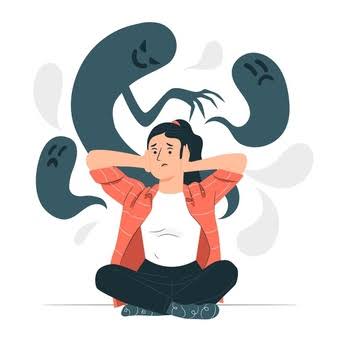
After witnessing the ever-worsening statistics, it’s fair to say that on every level there’s a need for a renewed emphasis on the importance of correct diagnosis. If you know that might be in a similar situation, you should encourage them to seek professional help instead of relying on usual assumptions. Furthermore, items essential to make sure that you’re being as gentle and supportive as you can be. This sort of stimuli is always encouraging especially for an individual with undiagnosed OCD. We hope that this particular guide helped you understand how OCD and OCPD differ from each other.
